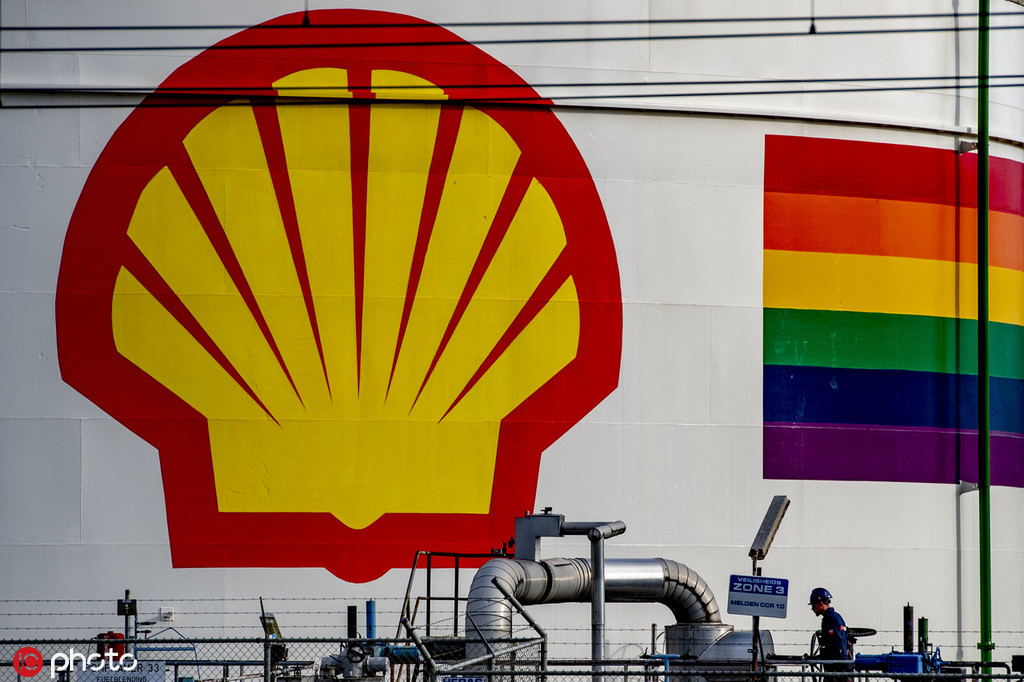
Oil giant Shell has emerged victorious in a landmark case in the Dutch courts, overturning an earlier ruling that required the company to cut its carbon emissions by 45%. The Hague Court of Appeal ruled that it could not establish a “social standard of care” compelling Shell to meet such a specific target, despite acknowledging that the company does have an obligation to limit its emissions for the benefit of society.
In 2021, a lower court in The Hague had sided with environmental organizations, including Friends of the Earth and 17,000 Dutch citizens, in a lawsuit that demanded Shell drastically reduce its carbon dioxide (CO2) emissions in line with the Paris climate agreement. The ruling had marked the first time a court ordered a private company to align its operations with global climate policy, in addition to complying with national laws. However, the appeals court disagreed with the original decision, finding that while Shell does have an obligation to mitigate its environmental impact, there was no clear legal standard requiring it to reduce emissions by exactly 45% or any other specific figure.
This case has become a critical point in the ongoing global debate about corporate responsibility in addressing climate change. It came just as major international climate talks were taking place in Azerbaijan, with nearly 200 countries discussing measures to tackle climate change. While Shell expressed satisfaction with the court’s decision, Friends of the Earth Netherlands, one of the key organizations involved in the case, expressed deep disappointment. The environmental group now has the option to appeal the decision to the Dutch Supreme Court, although a final ruling could take years.
Donald Pols, the director of Friends of the Earth Netherlands, described the case as a “marathon” and insisted that the fight was far from over. He emphasized that while this ruling was a setback, it was not the end of the road for efforts to hold Shell accountable. The organization intends to continue its legal battle, hoping for a favorable outcome in the future.
The original 2021 verdict was groundbreaking, as it had been the first instance of a court holding a private company to the same standards as nation-states under the Paris Agreement, which aims to limit global temperature rise to well below 2°C above pre-industrial levels. The court had found that Shell, like governments, was obligated to contribute to climate action under international human rights law, which protects individuals from the dangers of climate change. At the time, the ruling was hailed as a victory for climate activism, signaling that companies could no longer disregard the global consensus on climate action.
However, the appeals court found that while Shell is indeed required to reduce its emissions, the specifics of how much it should cut and by when are not yet clear. The judges noted that Shell is already taking steps to reduce its carbon output, but the court could not determine a precise target. This was due in part to the absence of a universally accepted scientific consensus on the exact amount of emissions reduction required from companies.
Shell, for its part, has long maintained that it is making significant efforts to curb its emissions. The company argues that the original ruling unfairly singled it out for global emissions, which are also influenced by the actions of its customers. Shell claims that the responsibility for pushing forward a green transition lies with governments, not individual companies. The firm aims to reduce the carbon intensity of the products it sells by 15-20% by 2030 (compared to a 2016 baseline) and has committed to becoming a “net-zero” emissions company by 2050.
A central issue in the case was the concept of an “unwritten duty of care” under Dutch law, which requires companies to avoid hazardous negligence. Friends of the Earth Netherlands argued that climate change posed a clear threat to human rights and that Shell, as a major contributor to global emissions, was obligated to do more. The environmental group contended that an international consensus on the need for urgent climate action should compel companies to align with these goals.
The appeals court ruling could have significant implications for corporate climate responsibility, especially as environmental groups worldwide increasingly use legal means to compel both governments and businesses to adhere to the climate goals set by the Paris Agreement. If upheld, the decision could set a precedent that undermines the ability of courts to enforce emissions reduction targets on private companies.
The ongoing case against Shell highlights the growing tension between the need for strong climate action and the challenges of holding multinational corporations accountable. Environmental advocates argue that while governments may be slow to implement the necessary policies, the role of big corporations in driving emissions and contributing to climate change cannot be ignored.
While Shell has won this round, the legal and moral battle over its role in climate change is likely to continue for years to come. As the world grapples with the effects of global warming, the legal framework surrounding corporate responsibility for climate action will remain a critical area of focus for environmentalists, policymakers, and businesses alike.







